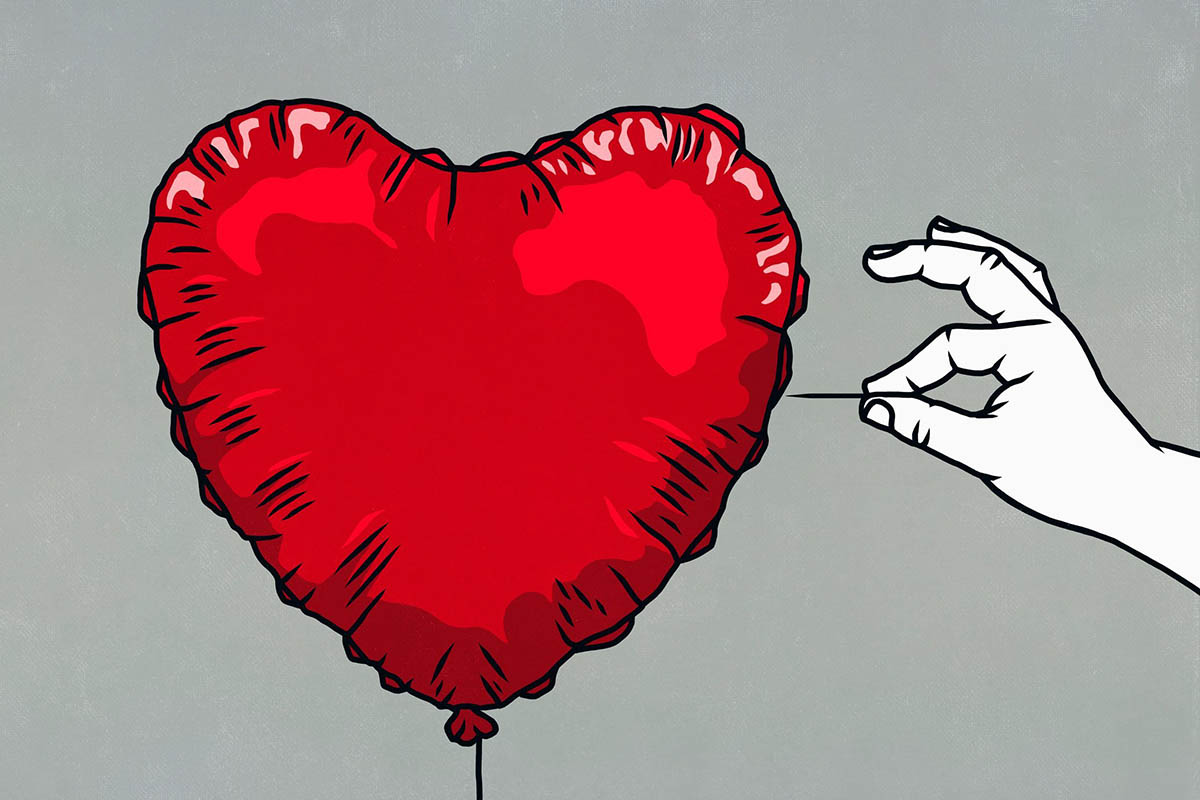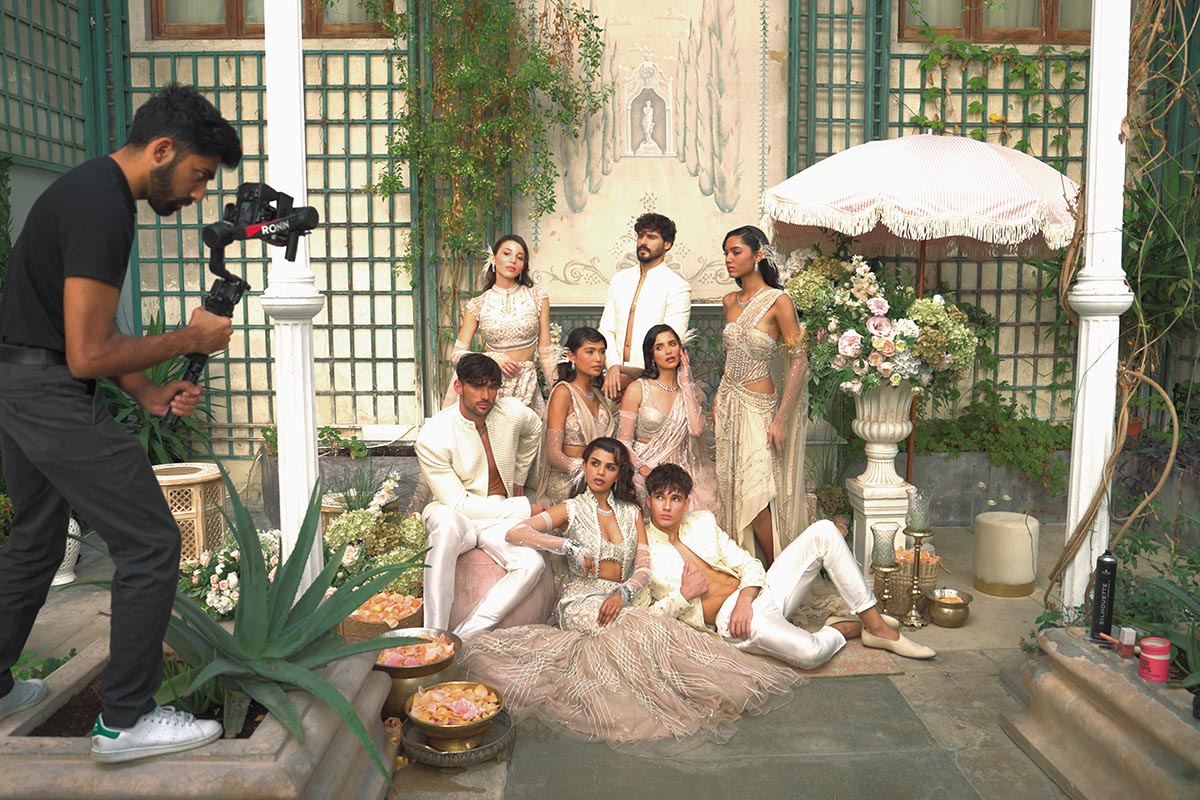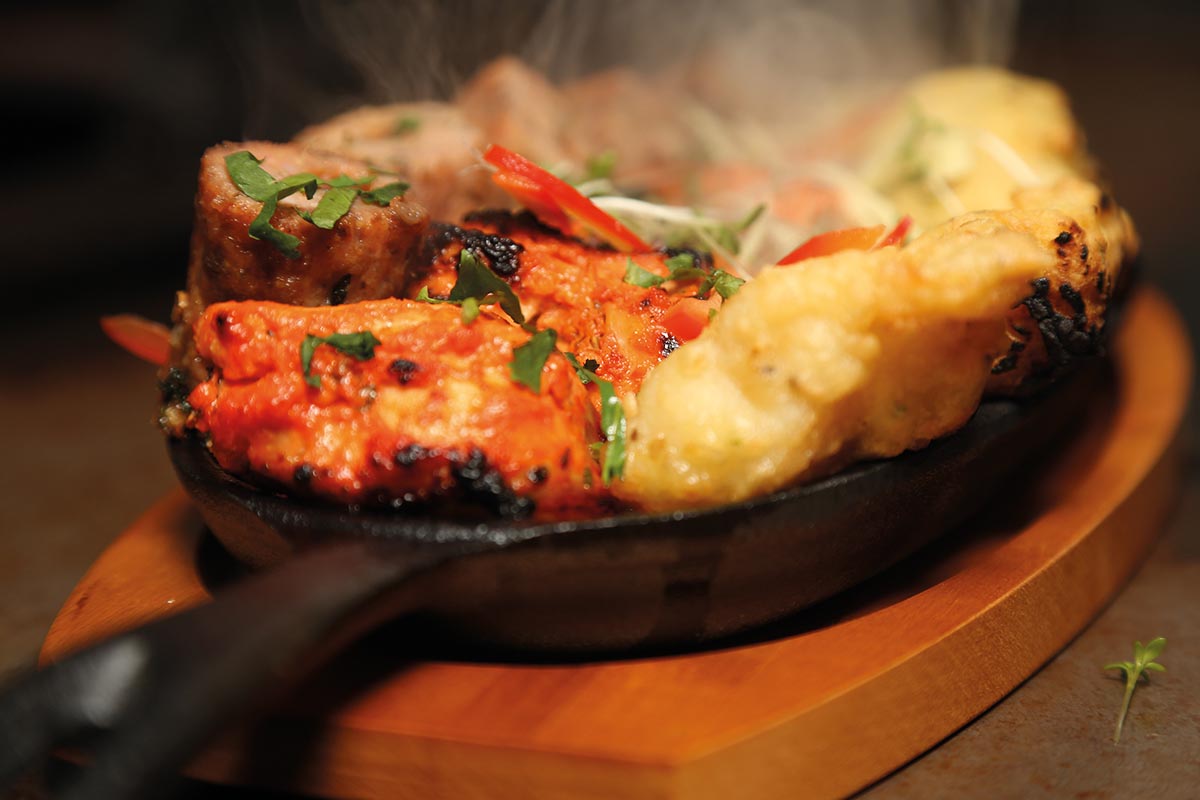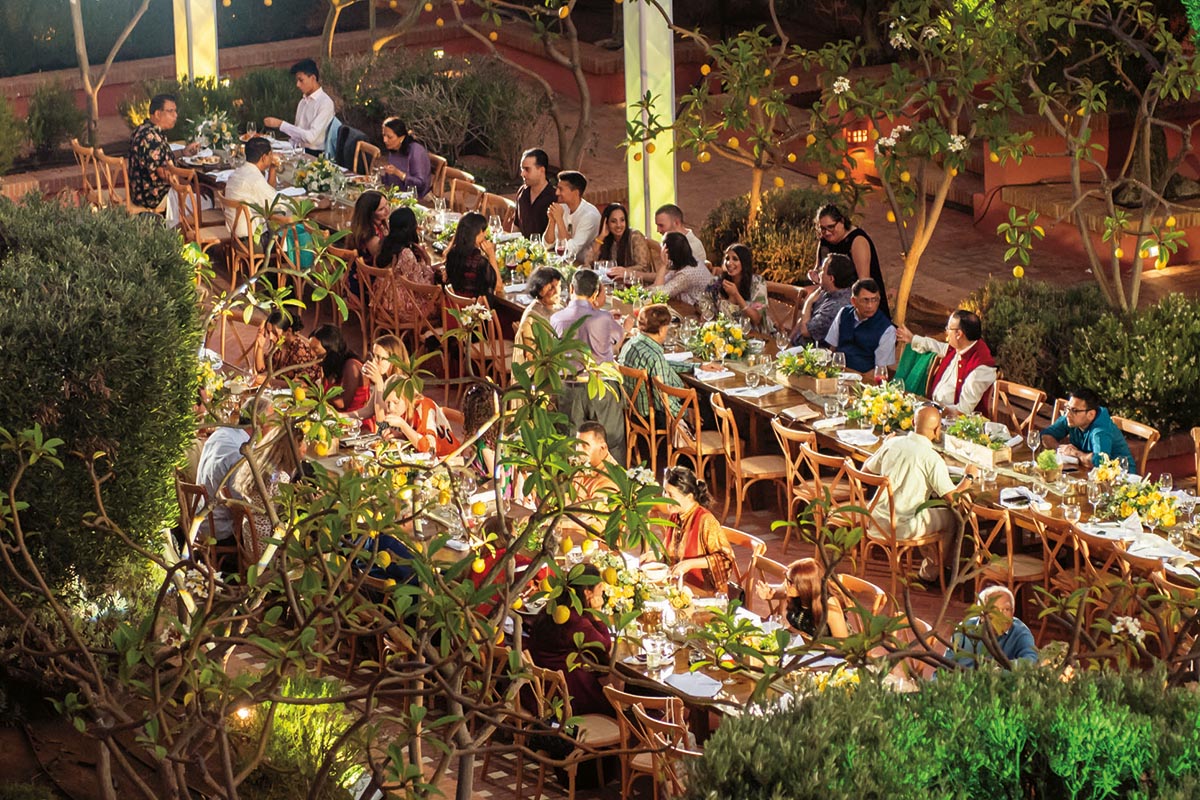
Is Your Relationship: Toxic Or Healthy?
Looking at relationships through a South-Asian lens can often lead to unhealthy behaviours covered up as ‘culture’ or ‘normal.’ Find out if your desi romance is healthy or not
Even with easily accessible resources on social media to help identify the type of relationship you are in, your South-Asian upbringing may restrict you from questioning unhealthy behaviours. A frustrating taboo in most households, the debate of the ‘South-Asian’ version of healthy relationships is always ongoing. Far too frequently, we are surrounded by relatives who claim they’re in healthy relationships, but actions rarely meet the words.
Here are five easy ways to identify if your relationship is healthy and happy or toxic and dangerous. All you need to do is check the boxes. (Don’t worry, we’ve added a lot of tips to help you through any negative traits as well).
You can’t grow as an individual to meet your life’s full potential.
In a healthy relationship, you can speak to your partner about anything. From your career choices, desired life ambitions and side-hustles you want to start. On the other hand, a toxic relationship is filled with guilt, shame and forces you to deny your truth. This may begin with small things, like different music choices and then manifest to more significant decisions of your life, like deciding to invest in a new course or hobby. Therefore, you aren’t respected and cannot open up in a safe and supportive space because of your partner’s actions.
The relationship trait is more than a simple troubling moment in your relationship, but a severe warning sign of a toxic and unhealthy relationship. If this is you, try speaking to your friends and family and take some time to assess your relationship.
Your boundaries are constantly pushed.
Danger is a common warning sign of a toxic relationship. This may be a physical threat where your partner abuses you (we’ve added women abuse charity links below). But more often than not, your partner could be pushing your boundaries and disrespecting your values. To help you understand your boundaries, write down your ideal relationship scenario and compare it to the real-life actions of your partner. For example, suppose you never imagined you would reach arguments resulting in abusive language or recognise out of character traits from yourself and your partner. In that case, this is a sign your relationship may be unhealthy. In a wholesome relationship, you and your partner can communicate and set healthy boundaries, which are respected on both sides, even in the most extreme moments of the connection.

You are emotionally drained.
South-Asian families typically dismiss emotions and feelings, resulting to feelings of being rejected as a sign of weakness. A toxic relationship will automatically present heightened feelings of worry, stress, and anxiety. Traits such as gaslighting (acts that question a person’s reality), love-bombing and co-dependency can leave you insecure and anxious. If you feel constantly drained and emotionally exhausted over long periods, this may be a serious sign of a toxic relationship. It’s necessary to understand you may not be aware of the extent of your feelings because of your South-Asian upbringing. Taking time to understand and take a step back to assess your relationship may help.
You feel controlled, bullied and/or manipulated.
Healthy relationships allow you to take your own decisions and lead life the way you want to. With an understanding and supportive partner, you’re able to discuss your plans openly. Even though compromise is a healthy part of your relationship, you don’t feel forced or strained. Toxic relationships commonly present a dangerous lack of autonomy. When deciding, you may often be questioned by your partner and find yourself frequently changing it through feelings of guilt, shame and manipulation. If you feel bad about making your decision, this may be a sign of having an unhealthy compromise.
You stay out of fear.
When you think about leaving, your mind often creates worst-case scenarios, like your partners’ angry reaction, how much time would have been ‘wasted’ or even the fear of being alone. When fear is the acting component driving forward in a relationship, alarm bells should be set off instantly. Fears and worries can be worked past with the clarity and support of your friends and families. Often, South-Asian communities condemn moving on from a partner, even if the partner is toxic. Re-writing this programming and understanding that your mental health and happiness comes before made-up social constructs or fear will help you move towards a healthy version of yourself.

Is your relationship the ideal partnership you’ve always wanted? If you are worried about your relationship, we’ve added a few helpful links.
Women support links
Sharan | Supporting South Asian Women in the UK
The Asian Circle | The Circle | Supporting Vulnerable Women
Women abuse links
Refuge Against Domestic Violence – Help for women & children.
Home – Women’s Aid (womensaid.org.uk)
8 domestic abuse charities to contact if you need help during lockdown | Metro News
Domestic violence and abuse – getting help – Citizens Advice
Helpful links
It’s Not Culture, It’s Dangerous: 5 Signs You Are In A Toxic Relationship (anokhilife.com)






Get Social